[joli-toc]
In the rapidly evolving field of artificial intelligence developers (AI), the importance of adhering to legal and ethical standards cannot be overstated. As AI technology, particularly in areas such as prompt engineering australia, continues to integrate into various sectors across Australia, it raises significant legal and ethical questions. These considerations are critical not only for maintaining public trust but also for ensuring that the development and deployment of AI technologies enhance societal well-being without causing unintended harm. This section discusses the legal framework and ethical standards that guide artificial intelligence developers in Australia, focusing specifically on the practice of prompt engineering.
Legal Framework Governing AI Development in Australia

What Laws Regulate Artificial Intelligence Developers in Australia?
Australia’s approach to regulating AI includes a mix of existing laws and sector-specific regulations that collectively influence how AI technologies, including those used in prompt engineering, are developed and used. Key areas of legislation include:
- Privacy and Data Protection: The Privacy Act 1988 (Cth) and the Australian Privacy Principles set out standards for handling personal information, which is particularly pertinent to AI developers dealing with large datasets that may contain sensitive personal data.
- Intellectual Property: AI developers must navigate complex IP issues, especially concerning the ownership of algorithms and data, as well as the outputs generated by AI systems.
- Consumer Protection: The Australian Consumer Law protects against misleading and deceptive practices, which can apply to the claims made by AI systems regarding their capabilities or the accuracy of information they provide.
How Do These Laws Affect Prompt Engineering Practices?
In prompt engineering, where developers craft inputs to elicit desired responses from AI models, these laws mandate careful consideration of how data is used and how outputs are presented to users. For instance, compliance with privacy laws requires developers to implement adequate data protection measures when processing personal data used in training AI models. Intellectual Property laws necessitate clear agreements on the ownership of the prompts and generated content, especially when multiple stakeholders are involved.
Ethical Standards in AI Development

What Ethical Standards Guide Artificial Intelligence Developers in Australia?
Ethical standards in AI are designed to ensure that technology serves the public good while minimizing harm. In Australia, these standards often draw from broader global principles such as:
- Transparency: Being open about how AI systems operate and the logic behind AI decisions, especially those derived from prompts.
- Accountability: Ensuring that there is always a clear attribution of responsibility for the behavior of AI systems.
- Fairness: Striving to eliminate bias in AI systems to prevent discriminatory outcomes.
How Are These Standards Implemented in Prompt Engineering?
Implementing these ethical standards in prompt engineering involves several practical steps:
- Documenting processes: Maintaining detailed records of how prompts are developed and how AI models are trained to ensure transparency.
- Regular audits: Conducting periodic reviews of AI models to assess their decision-making processes and identify any potential biases or ethical concerns.
- Stakeholder engagement: Involving users and other stakeholders in the development process to understand and address their concerns regarding AI behavior and outputs.
Addressing Bias in AI Algorithms

What Challenges Do Bias and Fairness Pose to AI Developers?
Bias in AI algorithms is a significant challenge that can lead to unfair or discriminatory outcomes, particularly if the training data or the prompts used are skewed or not representative of diverse perspectives. For artificial intelligence developers working in prompt engineering, the nuanced manipulation of language and the data-driven nature of these systems can inadvertently propagate or amplify existing biases. This is especially problematic in sectors like recruitment, finance, and law enforcement where biased decisions can have serious implications.
Strategies for Minimizing Bias in Prompt Engineering Australia
Minimizing bias in prompt engineering requires a proactive approach from the onset of model development:
- Diverse Data Sets: Ensuring that the training data includes a wide range of demographics, experiences, and scenarios to help the AI system learn from a balanced perspective.
- Bias Detection Tools: Utilizing advanced analytics to detect and correct biases in AI responses. These tools can analyze the prompts and the resulting outputs to identify patterns that may indicate bias.
- Ethical Review Committees: Establishing committees or review boards that include ethicists, community representatives, and other stakeholders who can provide diverse perspectives on the ethical implications of AI outputs.
- Continuous Learning and Adaptation: AI models, particularly in prompt engineering, should be designed to adapt and learn from new data and corrections, continually evolving to reduce biases over time.
Compliance and Best Practices
How Can AI Developers Ensure Compliance with Australian Regulations?
Compliance with Australian regulations requires a systematic approach to ensure that all aspects of AI development and deployment meet legal standards:
- Regular Legal Audits: Conducting audits to ensure that AI practices comply with privacy laws, consumer protection laws, and other relevant regulations.
- Compliance Training: Providing regular training for developers and other team members on the latest regulatory developments and compliance practices.
- Data Protection Measures: Implementing robust data security and privacy measures to protect the information used and generated by AI systems.
Best Practices for Ethical AI Development in Prompt Engineering
To maintain the highest standards of ethical AI development, particularly in the nuanced field of prompt engineering, developers should adopt the following best practices:
- Transparency with Users: Being transparent about how AI models generate responses and making it clear when users are interacting with AI-generated content.
- Engagement with Ethical Frameworks: Actively engaging with and contributing to the development of ethical frameworks and guidelines for AI, both domestically and internationally.
- Public Accountability Mechanisms: Setting up mechanisms that allow the public to report concerns and receive explanations for AI decisions, particularly in critical applications.
Conclusion
Navigating the legal and ethical considerations in prompt engineering and AI development in Australia requires a comprehensive approach. By addressing biases, ensuring compliance, and adhering to ethical best practices, AI developers can foster trust and promote the responsible use of AI technologies. The future of AI in Australia looks promising, but its success will largely depend on the industry’s ability to manage these critical aspects effectively, ensuring AI contributes positively to society.


